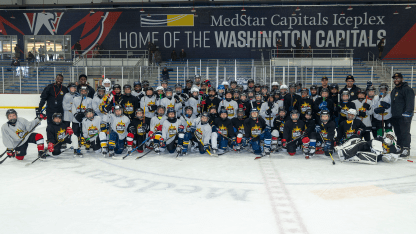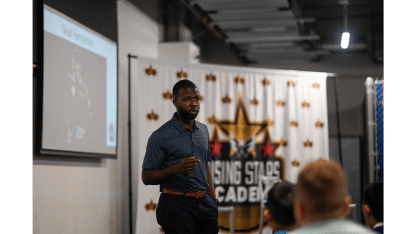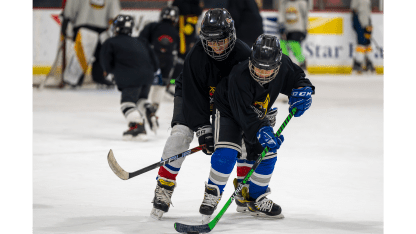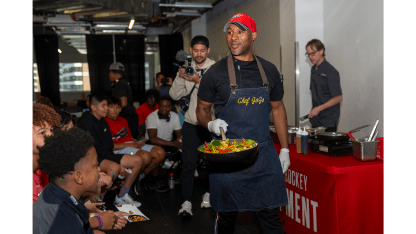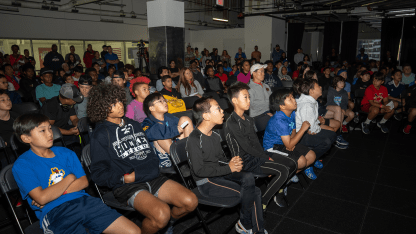As the academy closed, there was one final seminar featuring the Players Against Hate curriculum. Players Against Hate works to increase awareness and stop racism and name-calling by youth athletes, their teams and coaches, their families, and spectators. The organization was an inaugural Capital Impact Fund beneficiary.
